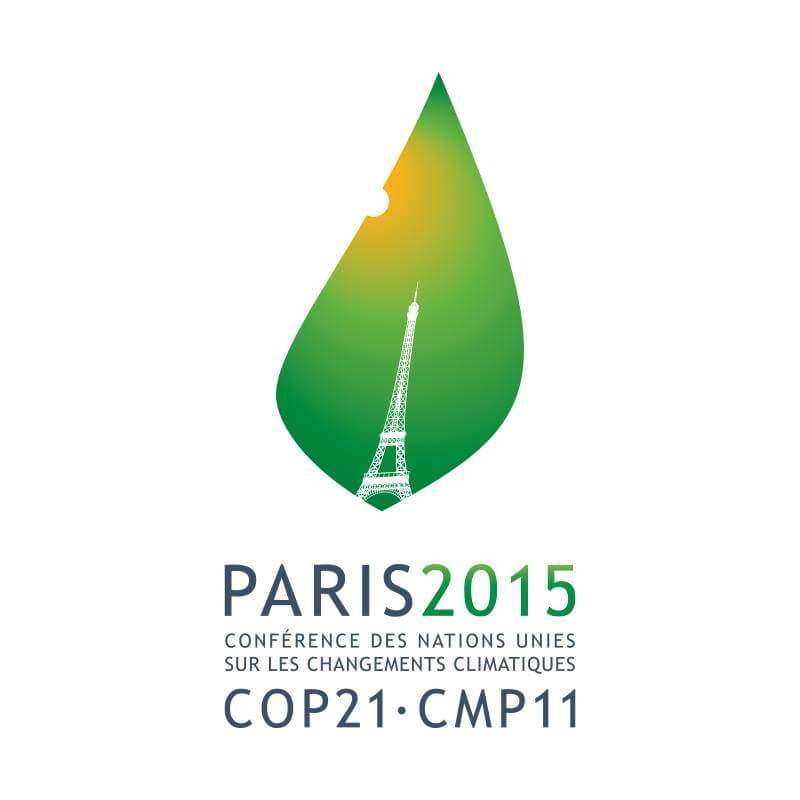 Monmouth University Urban Coast Institute (UCI) Director Tony MacDonald will travel to Paris next month to help co-organize an Oceans Day at the 21st United Nations Framework Convention on Climate Change (also known as COP21), billed as potentially the most significant climate conference in history.
Monmouth University Urban Coast Institute (UCI) Director Tony MacDonald will travel to Paris next month to help co-organize an Oceans Day at the 21st United Nations Framework Convention on Climate Change (also known as COP21), billed as potentially the most significant climate conference in history.
Delegates from over 190 countries are expected to debate and approve a new international agreement to limit global warming at COP21, which will run from Nov. 30 to Dec. 11. The Dec. 4 Oceans Day will bring together high-level leaders from governments, international organizations, academia, nonprofits and the private sector to discuss major climate and ocean issues, with a focus on their impacts on the most vulnerable peoples and ecosystems.
Significant marine-related climate issues that will be addressed include sea level rise and adaptation, ocean acidification and changes in ocean chemistry, and threats of displacement to small islands and other at-risk populations. Dignitaries expected to address the Oceans Day forum include Prince Albert of Monaco; French Minister of Foreign Affairs and International Development Laurent Fabius; U.S. Under Secretary for Economic Growth, Energy, and the Environment Catherine Novelli; and Mary Robinson, the former President of Ireland and founder of The Mary Robinson Foundation – Climate Justice.
Despite the Nov. 13 terrorist attacks in Paris, COP21’s organizers have vowed that the conference would proceed as scheduled, with heightened security measures in place.
“The UCI and Monmouth University extends its heartfelt condolences to the victims and family members who suffered losses in the attacks,” MacDonald said. “In light of these heinous events, I believe it’s more important than ever that we move forward with the conference. The actions of a few should not derail the long, hard work of many nations and individuals who are fighting to make our oceans and world healthier and safer for future generations.”
The oceans and climate are intertwined, impacting the health and safety of every nation, coastal or landlocked. Oceans cycle over 93 percent of carbon dioxide in the atmosphere, produce 50 percent of the oxygen we breathe and have absorbed 90 percent of the heat added to the global system over the past 200 years.
“I hope Oceans Day and COP21 will help guide the world forward on the most pressing scientific of our time – climate change,” MacDonald said. “Our oceans are the earth’s life support system and are a critical natural bulwark against climate change, but we are compromising their ability to do the job.”
Twitter users can follow MacDonald (@tmacdUCI) or the UCI (@MUUrbanCoast) as he provides updates from Oceans Day and COP21 events during his trip.
About the Urban Coast Institute
Now celebrating its 10th year of service, the Urban Coast Institute (UCI) was established in 2005 as one of Monmouth University’s “Centers of Distinction.” The UCI’s mission is to serve Monmouth University and the public interest as a forum for research, education and collaboration in the development and implementation of science-based policies and programs that support stewardship of healthy, productive and resilient coastal ecosystems and communities.
